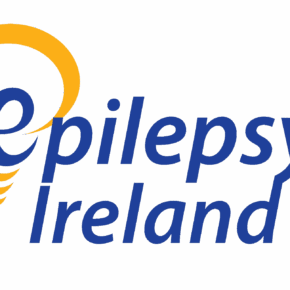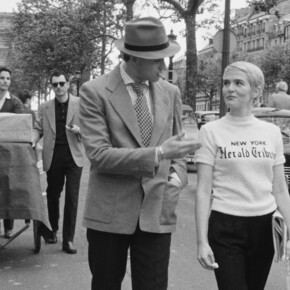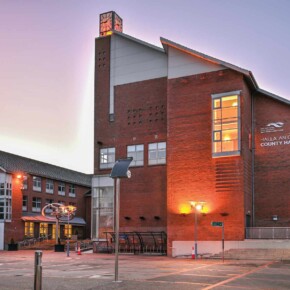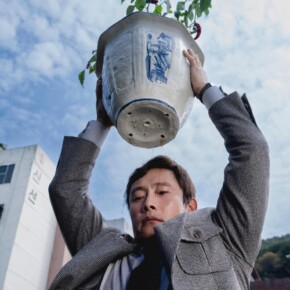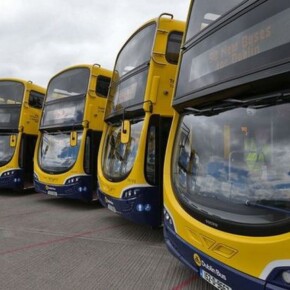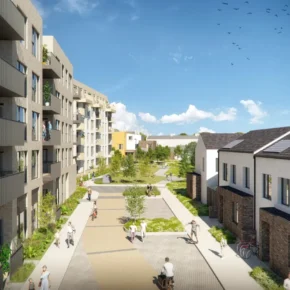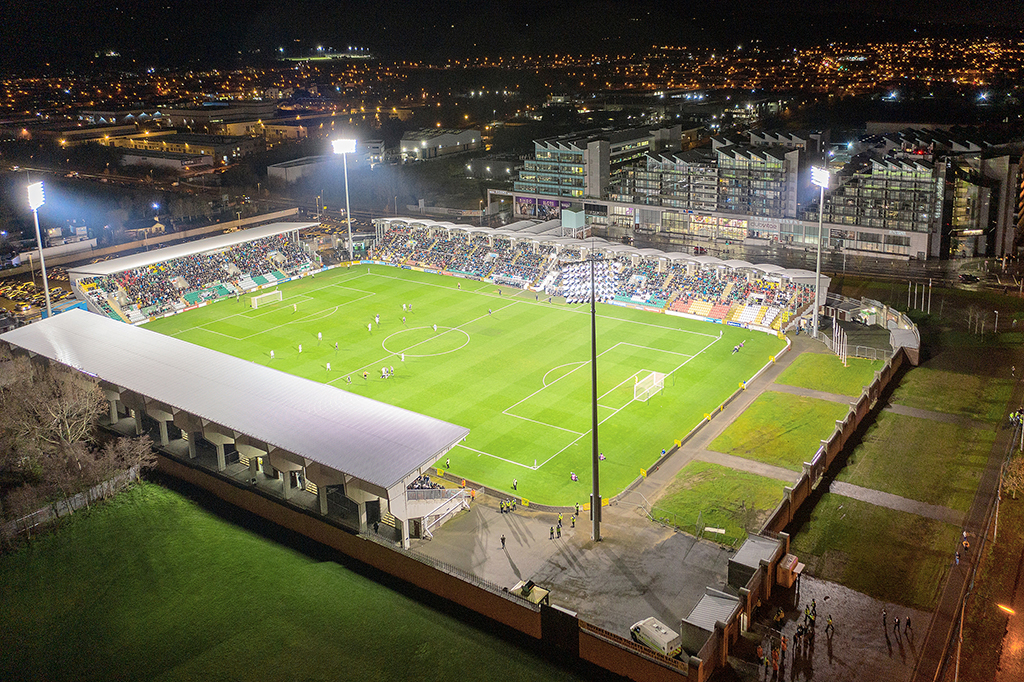Labour’s backing of Connolly exposes rift within party
Mike Finnerty 10 Sep 2025
Labour’s backing of former party member Catherine Connolly for President has exposed a rift in the party between the party’s urban Dublin base and the party’s rural base.
Ever since Ivana Bacik succeeded Alan Kelly as leader in early 2022, there has been residual tension within the party about the party moving away from the more traditional centre-ground towards a more left-of-centre approach in a bid to capitalise on Sinn Féin’s moderation and the Social Democrats’ bounce.
In July, the decision was made within Labour to join the Social Democrats and People Before Profit in backing Connolly as an agreed-upon left-wing candidate to succeed Michael D Higgins.
Last week, it was revealed that the number of Catherine Connolly enthusiasts within the party of James Connolly may have been closer than Bacik would have liked.
Speaking to reporters at Labour’s think-in in Tipperary on Thursday, Bacik confirmed that 58% of Labour’s members backed Connolly’s candidacy, compared to 86% of the vote she received from the party’s decision-making body.
Local TD Ciáran Ahern alluded to the closeness of the result in Labour’s endorsement of Connolly in July, stating “there are issues where we have differed with Deputy Connolly,” but noted that the majority was there among the party membership and executive level.
Last week, former party leader Alan Kelly said he would not be backing Connolly for the Áras, telling Tipp FM “I think the party has to have some self-respect. Catherine Connolly has shown disdain for us since 2006,” in reference to Connolly walking from the party and her views, which are decidedly to the left of Kelly and a good chunk of the Labour membership.
Kelly specifically noted Connolly’s endorsement of Gemma O’Doherty in the 2018 presidential election and her anti-vaccine sentiment, which did not sit well with Kelly.
Kelly told Tipp FM, “I’m not sure what Catherine Connolly did to deserve our support.”
When asked about the tension between her and her former boss, Bacik told reporters, “all I’m going to say is I really welcome Alan’s communication and expression of regret on aspects of the interview, and we move on.”
2024 saw a revival in Labour’s fortunes; after Kelly was elected leader in 2020, he failed to arrest the decline of the party in the wake of the 2020 general elections and was replaced by Bacik as leader.
When Kelly was ousted by Labour’s TDs and Senators in early 2022 in an unopposed leadership campaign, internal polling within the party revealed the party was at risk of losing most of, if not all, of its then-7 Dáil seats.
Last November’s general election saw Labour win 11 Dáil seats, their best result since 2011, building on Aodhán Ó Ríordáin winning Labour’s first European seat since 2009 in the competitive Dublin race.
Seven of Labour’s 11 TDs are from urban constituencies, while the remaining four are from rural areas such as Kelly, which is hinted at in the relatively tight membership vote on backing Connolly.
Fine Gael councillor Eoin O’Driscoll noted “while Ireland’s left has a proud tradition, it is deeply disappointing that so many of Ireland’s left-wing parties have united behind a candidate who distrusts the European Union; blames NATO for Russia’s brutal invasion of Ukraine; endorsed a leading anti-HPV vaccine campaigner as president, and refuses to answer questions about her visit to Syria facilitated by the Assad regime.”
“These are not progressive views – they are morally bankrupt, and dangerous positions for anyone seeking to become Ireland’s Head of State,” the Stilorgan councillor claimed.


